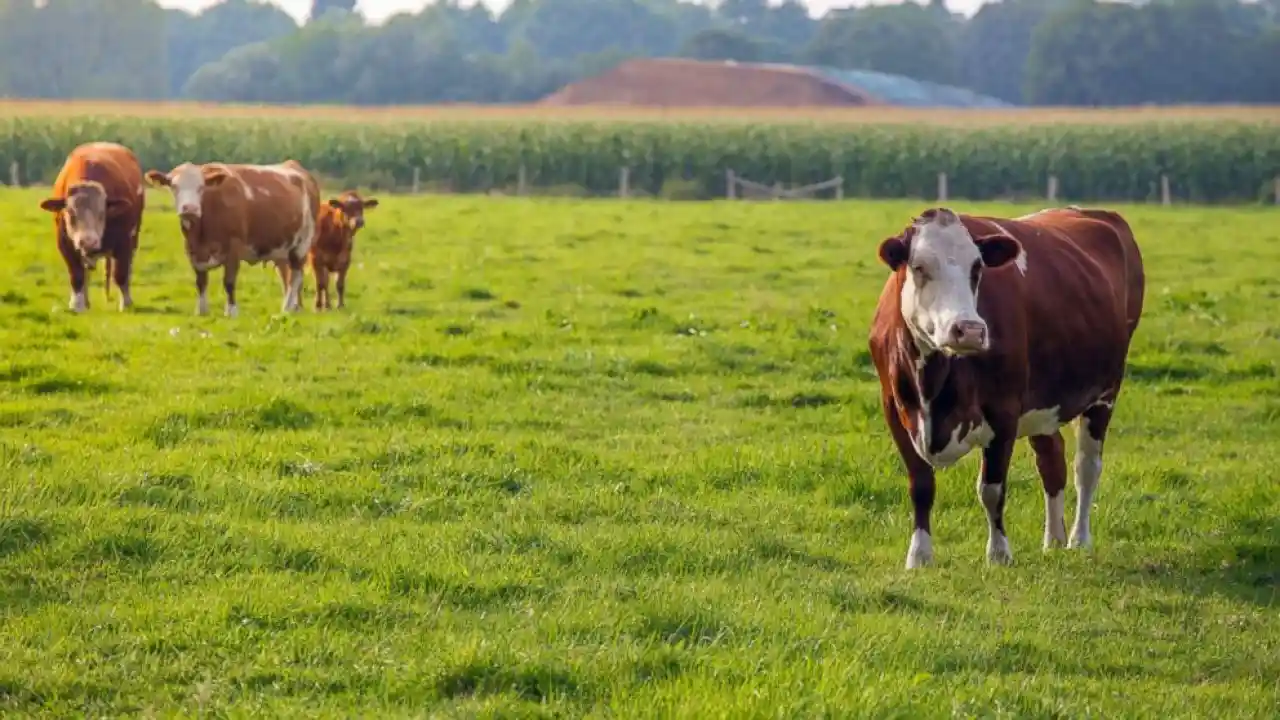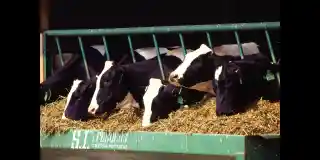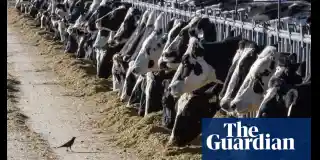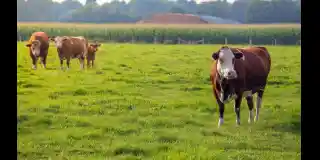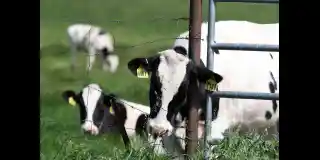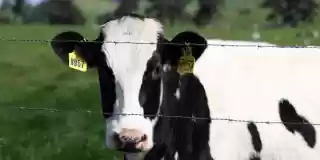Fourth Human Case of Bird Flu Confirmed in Colorado Dairy Worker
The fourth human case of bird flu linked to the current dairy cow outbreak was confirmed on Wednesday in a dairy worker in Colorado, according to the Centers for Disease Control and Prevention. Previously, one human case had been reported in Texas and two human cases reported in Michigan. As with the previous cases, the patient is a dairy farm worker who came into contact with cows that tested positive for the H5N1 strain of bird flu, or avian influenza. The worker was previously being monitored because of their exposure to infected cattle and reported symptoms to state health officials.
Testing results were inconclusive at the state level, but specimens forwarded to the CDC for additional testing were positive for influenza A, the federal health agency said. The patient reported eye symptoms only. They received treatment with oseltamivir, an antiviral drug used to treat influenza, and have since recovered. The CDC said the risk to the general public remains low, but advises people to avoid close, long or unprotected exposures to sick or dead animals. People are also advised to avoid unprotected exposure to animal excrement, litter, unpasteurized milk or materials that have been touched by -- or close to -- animals with suspected or confirmed bird flu.
In early March, the U.S. Department of Agriculture announced a bird flu strain that had sickened millions of birds across the U.S. was identified in several mammals this year. A few weeks later, federal and state public health officials said they were investigating an illness among primarily older dairy cows in Kansas, New Mexico and Texas and causing symptoms including decreased lactation and low appetite. The USDA said in a statement at the time that 'there is no concern about the safety of the commercial milk supply or that this circumstance poses a risk to consumer health.' Currently, Colorado is reporting more cases of bird flu in livestock than any other state with 23 livestock herds affected in the last 30 days as of July 1, according to a USDA interactive dashboard.
In late April, reports emerged that bird flu fragments had been found in samples of pasteurized milk. However, the fragments are inactive remnants of the virus and cannot cause infection. Federal agencies maintain the U.S. commercial milk supply remains safe because milk is pasteurized and dairy farmers are required to dispose of any milk from sick cows, so it does not enter the supply. In May, the CDC said in a summary that it is preparing for the 'possibility of increased risk to human health' from bird flu as part of the federal government's preparedness efforts, including filling doses of bird flu vaccine into vials to shore up the national stockpile.
A case of H5 influenza, also known as bird flu or avian influenza, has been confirmed in a man who was working at a dairy farm in northeastern Colorado. That's according to the Colorado Department of Public Health and Environment, which said it is the fourth confirmed human case in the United States since an outbreak among cows that appears to have started in March. The man was working in Northern Colorado and had direct contact with cattle that were infected with avian flu. To this point, the only U.S. cases have been among farmworkers.
The CDPHE says the person who tested positive for the avian flu only had one symptom -- pink eye, otherwise known as conjunctivitis. He was tested after reporting his symptoms and received an antiviral treatment with oseltamivir afterwards. Those are the Centers for Disease Control and Prevention's recommended steps when there's a confirmed human case. The man, whose identity is not being released, has recovered. This is the first confirmed a case of avian flu in Colorado since 2022.
CDPHE state epidemiologist Dr. Rachel Herlihy said the risk to the public is low. 'Avian flu viruses are currently spreading among animals, but they are not adapted to spread from person to person. Right now, the most important thing to know is that people who have regular exposure to infected animals are at increased risk of infection and should take precautions when they have contact with sick animals,' Herlihy said in a prepared statement. Jill Hunsaker Ryan, the executive director of the CDPHE said 'Coloradans should feel confident that the state is doing everything possible to mitigate the virus.' The guidance for farmworkers includes the recommendation that people shouldn't touch animals who are sick or who have died.
For people who must handle such animals, the following is recommended: - Wear personal protective equipment that includes an N95 respirator as well as eye protection and gloves. - Wash hands with soap and water afterward. An alcohol-based hand rub could also be used if soap and water is not available. 'We can make these recommendations, but I think all of us realize that this may be a bit challenging for workers to comply with that,' the CDC's Tim Uyeki said at a briefing with rural doctors last month. It is unclear whether the man was wearing personal protective equipment.
'Our partnership with the Colorado Department of Agriculture has been crucial in disseminating information to dairy farmers across the state,' Hunsaker Ryan said. The three other confirmed human cases of avian flu since the March outbreak in cattle were found in Texas and Michigan. Anyone who has been working with dairy cows and begins to feel sick with possible avian flu symptoms should call the CDPHE at 303-692-2700 during the day or 303-370-9395 after hours. More information about avian flu can be found on the Colorado Department of Public Health and Environment's website. News of the case comes as federal officials are now debating whether and when to deploy 4.8 million doses of bird flu vaccine that are being filled into vials this summer.
Finland announced last month it would offer shots to workers who might be exposed to the virus. U.S. officials say manufacturing of the vaccines is expected to be done by August. Vaccinemaker CSL Seqirus says it is still in talks with the Food and Drug Administration to clear use of their shots in humans. After that, it would be up to the CDC to decide whether to roll out the shots for farm workers.
'No final decisions are made, but we are in the process of robust discussion,' the CDC's Principal Deputy Director Dr. Nirav Shah told reporters on Tuesday. Shah said the vaccine debate hinges in part on whether more distribution of flu treatments might be a better alternative. 'If our goal is to reduce the number of infections that may occur, we have to wonder whether vaccination is the best route for that, or whether there may be other routes that are faster or even more effective such as, as I mentioned, more widespread use of antivirals,' said Shah. Officials are also discussing other measures to help workers infected with the virus, Shah added, including the possibility of offering f

https://abcnews.go.com/Health/4th-human-case-bird-flu-linked-dairy-cow/story?id=111654647
https://www.reuters.com/world/americas/colorado-reports-human-case-bird-flu-2024-07-03/
https://edition.cnn.com/2024/07/03/health/bird-flu-fourth-human-case-in-us/index.html
https://eu.usatoday.com/story/news/health/2024/07/03/fourth-bird-flu-case-2024-colorado/74294359007/
 NewsBOT
NewsBOT